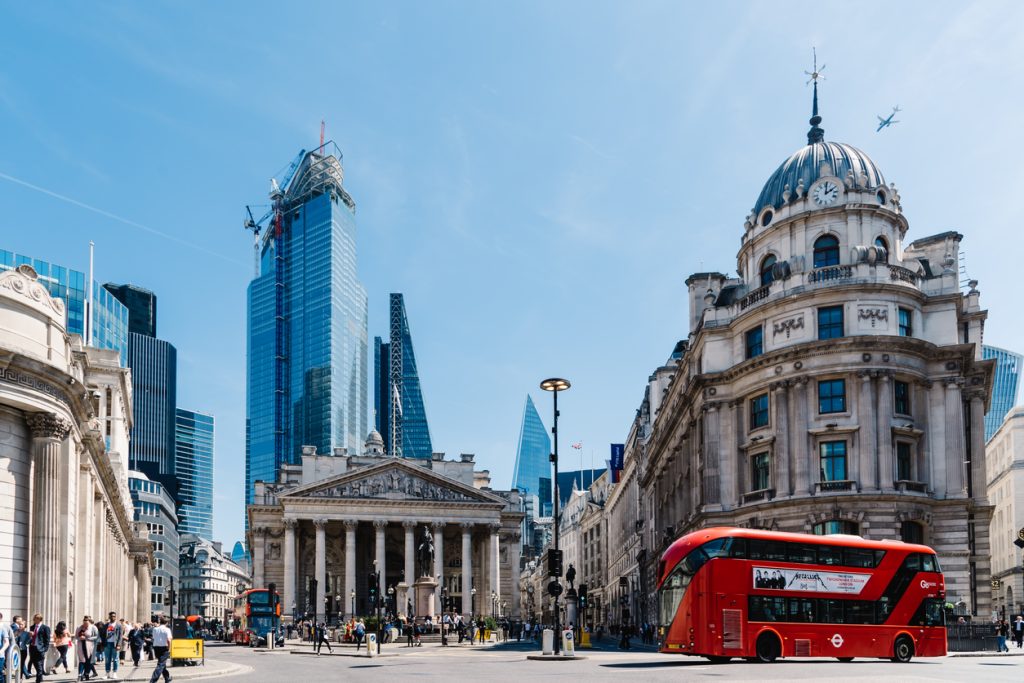Despite mounting concerns that the economy is weakening as a result of the cost-of-living crisis, the Bank of England is likely to raise interest rates to their highest level since the recession caused by the 2008 financial crisis.
Economists in the City expect the Bank to raise its base rate by at least 0.25 percentage points to 1% on Thursday, bringing borrowing costs back up to the level set in February 2009, when it was in the process of cutting rates to historic lows as the global financial system imploded.
Households across the United Kingdom are being squeezed by rising living costs, which have reached 7%, the highest level since 1992, thanks to record gasoline prices and rising gas and electricity costs exacerbated by Russia’s war in Ukraine. Experts have predicted that the annual increase in consumer prices could reach 10% later this year, five times the Bank’s target of 2%.
To combat high inflation, central banks around the world have begun to raise interest rates. The US Federal Reserve raised its benchmark interest rate by 0.5 percentage points on Wednesday, to a target rate range of 0.75 percent to 1%. It was the biggest increase since 2000, and it came after a 0.25 percentage point increase in March, the first since December 2018.
The Bank of England’s monetary policy committee is expected to vote overwhelmingly for its fourth consecutive rate hike since increasing borrowing costs for the first time since the Covid pandemic in December, according to analysts.
Raising rates to 1% would also allow the Bank to sell some of its £875 billion portfolio of UK government bonds, which it has built up since the 2008 financial crisis through its quantitative easing stimulus program.
Given recent market volatility, analysts believe the Bank will likely lay the groundwork for future asset sales rather than take immediate action, though monthly sales of £5 billion could begin as early as the summer.
Some members of the nine-member panel could push for a 0.5 percentage point increase to demonstrate commitment to preventing persistently high inflation rates from taking hold, though economists cautioned that a quarter-point increase was still most likely.
Concerns are growing, however, that high inflation could lead to a recession if the UK consumer spending is severely harmed by rising costs of living, rising taxes, and higher borrowing costs, a development that would force the Bank to rethink its plans for future rate hikes.
Andrew Bailey, Governor of the Bank of England, predicted “a very sharp slowdown” in the UK, but did not call it a recession.
He also defended raising rates at a time when living costs are rising, claiming that the risk of inflation spiraling out of control was greater.
“We have been very careful in our response, taking into account the scale of the shock to the economy.”
